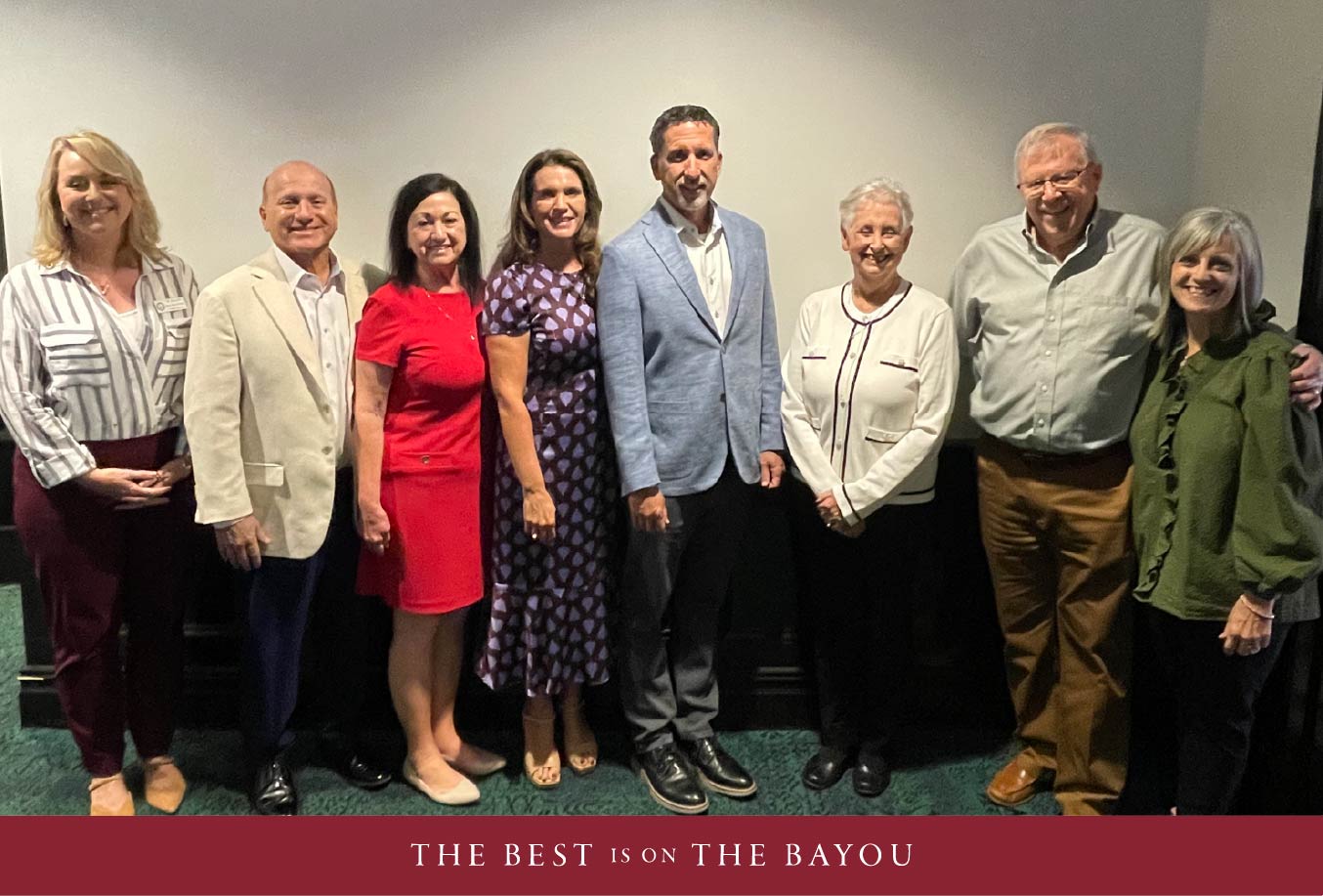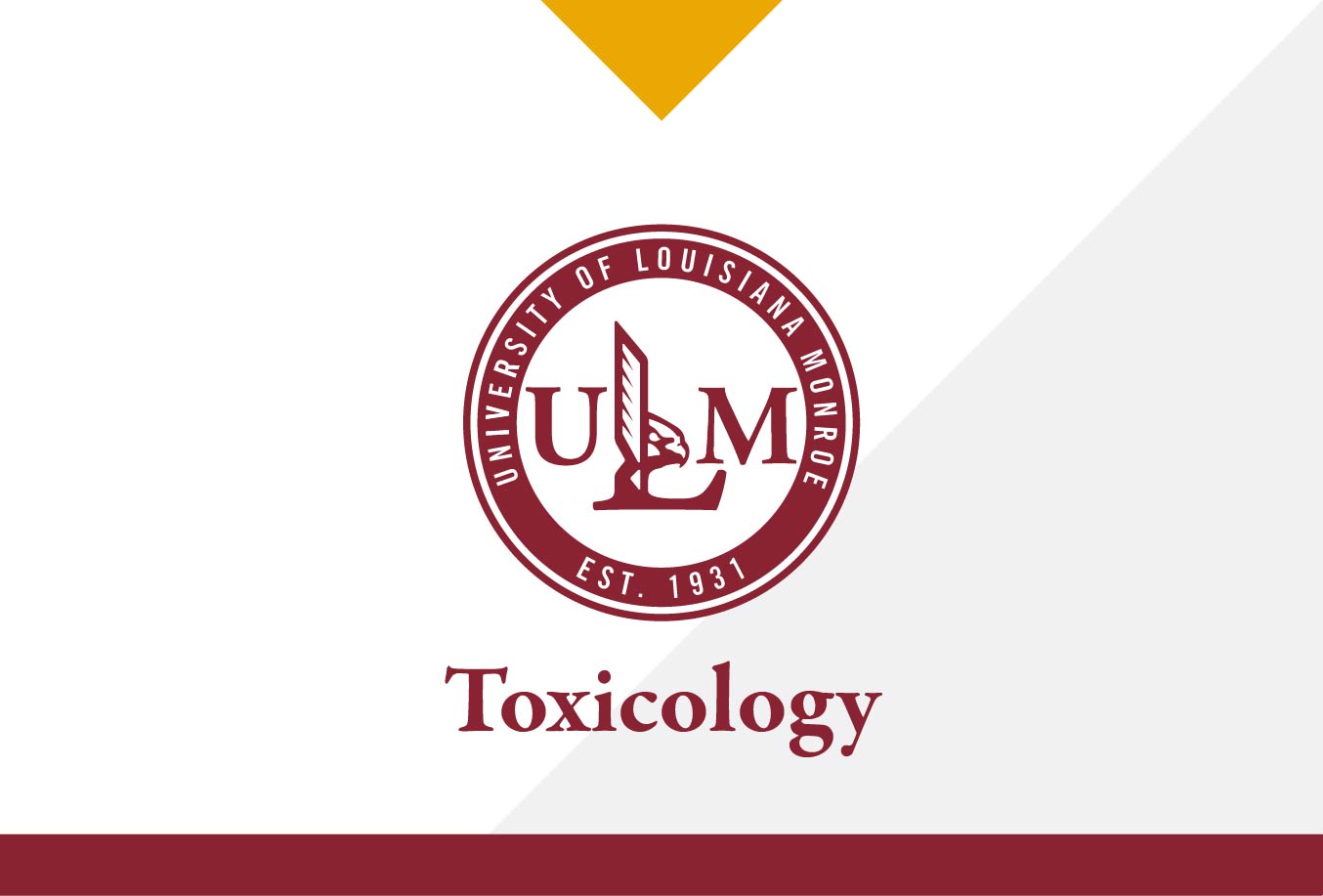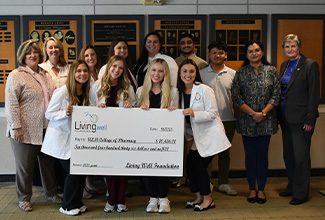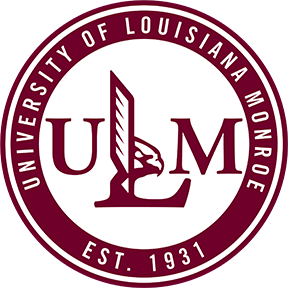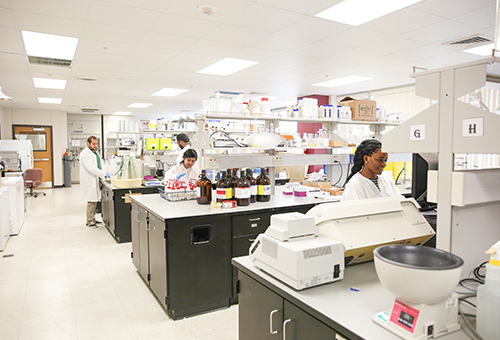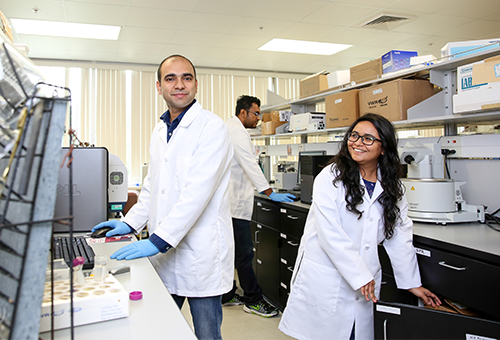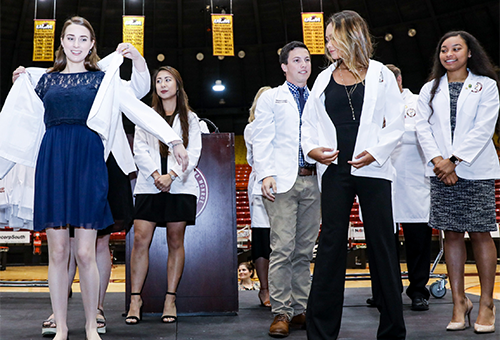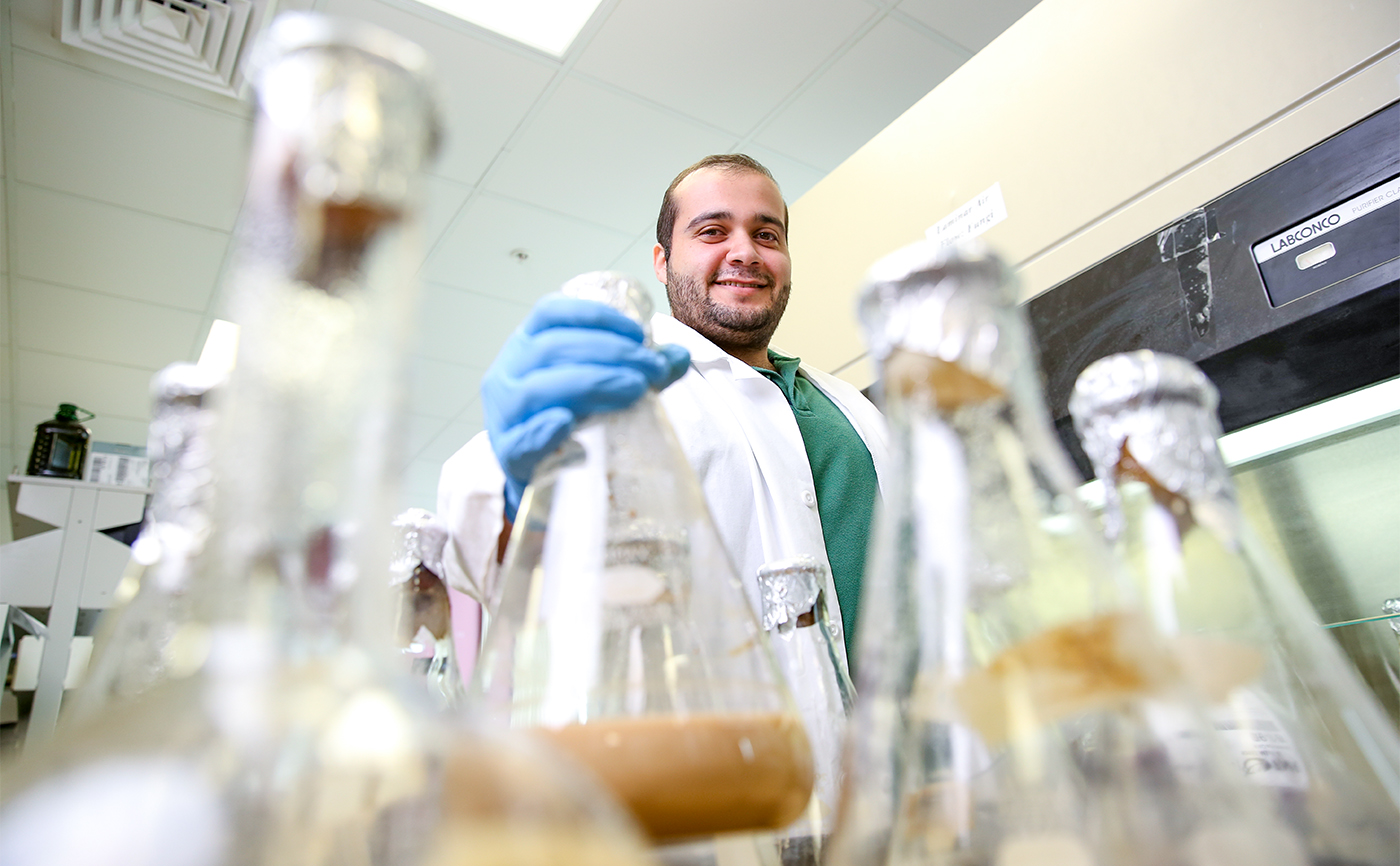
Toxicology
The University of Louisiana Monroe Toxicology program was the first of its kind in the South and is currently one of only six nationally. The Toxicology program is administered by the School of Basic Pharmaceutical and Toxicological Sciences within the College of Pharmacy. The Toxicology programs offers the following degrees: Bachelor of Science in Toxicology and Doctor of Philosophy in Pharmacy with research focus in Toxicology.
Toxicology is the study of harmful effects of chemicals on people, animals and other living organisms. Most of the good life we have is because we use chemicals properly, including medicines, pesticides and cleaning products. Misunderstanding what chemicals can do sometimes leads to over-exposure and poisoning or, conversely, unnecessary anxiety and fear of chemicals that are relatively harmless when used properly. Toxicologists are the scientists who help decide how much is too much of a good thing.
Making sure your program is the right financial investment is an important part of the search process.
COST & FINANCINGWhat sets us apart?
Four-year degree designed to include a solid foundation in basic sciences and a broad background in Toxicology with several specialized courses.
Students are well trained and competitive for admission to professional programs (Pharmacy or Medical School) as well as graduate programs in Toxicology and Pharmacology.
Opportunities are available for students to obtain experience in faculty laboratories at ULM or at off-campus faculties such as the National Center for Toxicological Research in Jefferson, AR and the Waterways Experiment Station in Vicksburg, MS.
The Toxicology Club, Tau Omicron Chi, offers students networking opportunities with outside professionals in Toxicology and Industrial Hygiene.
An on-site Asbestos and Mold Analyses Laboratory provides students with training and expertise using actual samples.
Students have opportunities for environmental sampling and analyses of chemical pollutants in surrounding bayous and lakes.
- Careers
- Curriculum
- Extracurricular
- Financial Info
Industrial Toxicologists
These toxicologists contribute to the development of new and useful products like pharmaceuticals, industrial chemicals and consumer products.
Environmental Toxicologists
Toxicologists with this specialty study the impact of chemical pollution in our communities and surrounding environments.
Forensic Toxicologists
These toxicologists are concerned with the medical and legal consequences of adverse effects of chemicals on humans and animals.
Industrial Hygienists
This group of professionals are devoted to the anticipation, recognition, evaluation, control, and confirmation of protection from those environmental factors or stressors arising in or from the workplace that may cause sickness, impaired health and well-being, or significant discomfort among workers or among citizens of the community.
Clinical Toxicologists
These toxicologists handle patients with acute and chronic diseases caused by toxic substances. Frequently, the training in this field begins with a degree in nursing, pharmacy or medicine. Poison Control Centers throughout the country require the services of clinical toxicologists.
Regulatory Toxicologists
This group decides if a drug or other chemical is safe enough to be on the consumer market, and if it is, then how much a person could be exposed to without becoming intoxicated.
For more information on curriculum please visit:
Students majoring in or with interests in Toxicology are invited to participate in our student organization.
- Tau Omicron Chi
Learn more about financial aid options: https://www.ulm.edu/financialaid/
Learn more about scholarship opportunities: https://www.ulm.edu/scholarships/

NEWS College of Pharmacy
